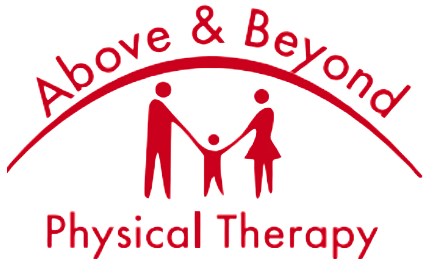How To Balance Your Circadian Rhythm Our circadian rhythm is also known as our internal clock or our sleep/wake cycle. This natural body clock that we have regulates when we should be awake and when …
How To Balance Your Circadian Rhythm
Our circadian rhythm is also known as our internal clock or our sleep/wake cycle. This natural body clock that we have regulates when we should be awake and when we should be asleep. It responds to light as a guiding factor. In this way it then makes sense that we would wake up at sunrise and then be sleepy when it is dark outside.
There are things that can interfere with our internal clock. When this happens we have trouble sleeping, staying asleep and may not feel entirely rested when we wake up. In the same regard, there are things that we can do to help regulate our circadian rhythm.
How To Balance Your Circadian Rhythm
To maximize your sleep and help balance your circadian rhythm, incorporate these practices into your daily routine.
Go to bed and wake up at the same time each day
It is really important to establish a sleep routine, that is, go to bed and wake up every morning at the same time, even on weekends. When our bodies become accustomed to a regular time for sleep, we can more easily stay in that routine.
Getting up at the same time each day and going to sleep at the same time each day, helps to set a pattern for sleep for your body. This goes for weekends too. If you do need to adjust your sleep times, make sure to stick to only a 30-minute window of change.
Get out into the morning light
Since our circadian rhythm responds to light, putting ourselves in the morning light will help to set and acknowledge our internal clocks each morning. The light is a signal to our bodies that it is time to get up and be awake. So get up, get outside, open the blinds or turn on the lights. This will help to balance your circadian rhythm as you start your day.
Avoid bright lights at night
In the same regard, you will want to avoid lights, especially bright lights at night, or the time of the day when you need to be setting your internal clock to sleep. Because our brains are activated to respond to light as a signal to wake, subjecting yourself to darkness will help to allow your body to know that it is time to sleep.
If necessary, get room darkening shades or wear an eye mask to block out light and help you sleep. Also avoid using computers and cell phones or any other bright, light devices prior to sleep. This will also help to set your internal clock and help you rest at night.
As you can see, your circadian rhythm is very important for maintaining good sleep hygiene and also for your overall health and well-being.
Now that you know more about how to balance your circadian rhythm…
…for more healthy living tips, check out more on our BLOG from ABOVE & BEYOND PHYSICAL THERAPY or CONTACT US today.
Request an Appointment
Enter your details below to take your first step toward recovery.



